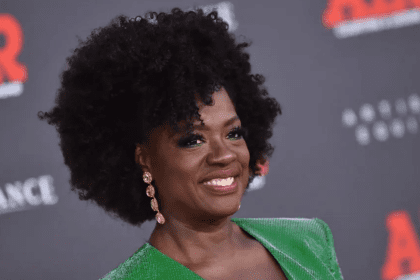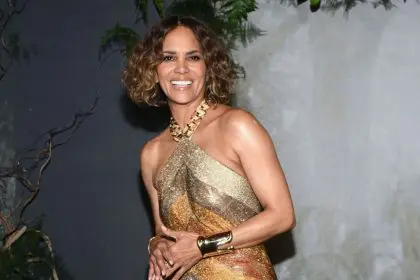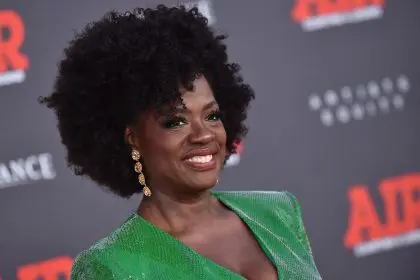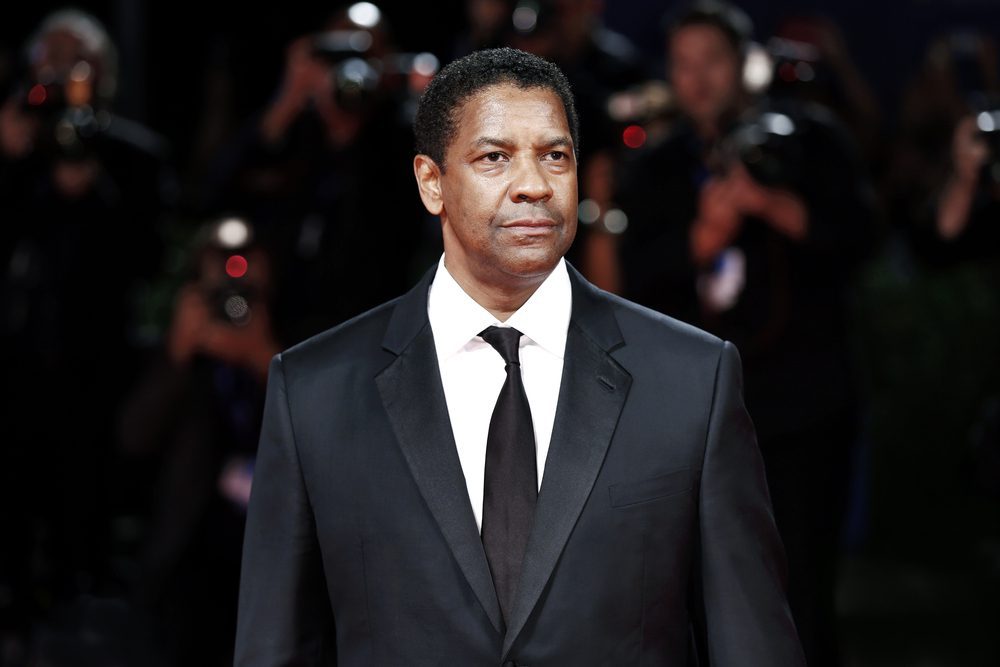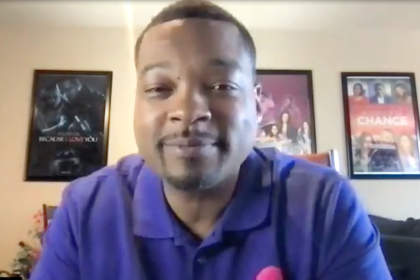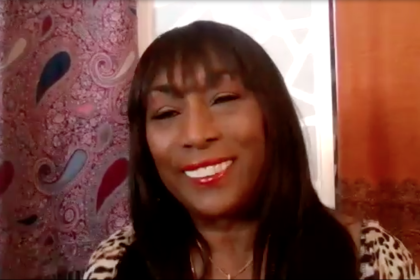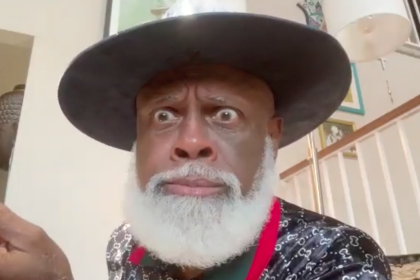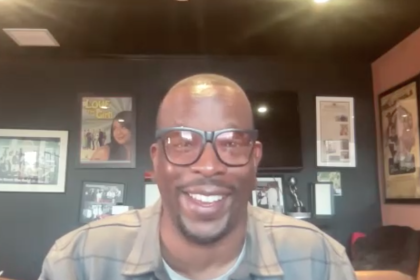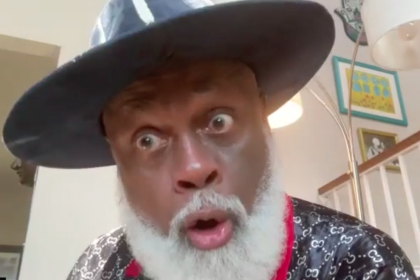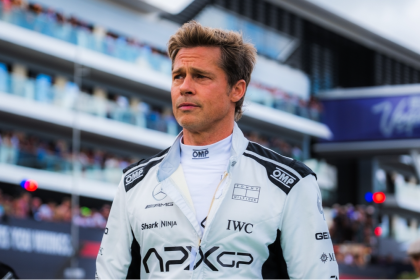
“She’s cute for a dark-skinned girl.”
“If her skin was a shade lighter, she’d be beautiful.”
These negative statements and otherwise inflammatory comments and attitudes toward dark-skinned women are examples of how colorism plays out in the African American community and in other cultures against women whose skin color is darker than a “paper sack.”
Filmmakers Bill Duke and D. Channsin Berry are the creators of Dark Girls: The Story of Color, Gender and Race, a documentary that explores deep-rooted bias about complexion. The women’s stories of discrimination and rejection are touching and their self-love and healing are inspiring.
Participants in this intriguing documentary included Oscar-nominated actress Viola Davis; actor-comedian Michael Colyar; Dr. Cheryl Gills, president of the National Association of Black Psychologists; Matthew Shenoda, CalArts and many others.

Duke and Berry are currently on an international tour that will span the east and west coasts of the U.S,. and across the pond to Paris and London. Following the Atlanta screening, the filmmakers spent 30 minutes with theatergoers discussing the documentary. Here are a few of the comments and reactions.
Theatergoer: This movie is decades and decades … needing to be made. What made you decide to do this docu-film and be as honest about it as you are? Did something happen in your family?
Bill Duke: My experience as a young, dark-skinned, black man growing up in Poughkeepsie, N.Y., and the things I’ve gone through and watched my sister, mother and children [go through] and recognizing that there are quite a few women going through this today, I wanted to give a voice to the voiceless. I had the idea and came to Chann [D. Channsin Berry], who is a wonderful documentarian. We came up with our funds and put it together.
D. Channsin Berry: For me, it was a part that … I say this all the time, that men [have] damn near destroyed the two things that give us life — the Earth and women. Until women are healed, we won’t be healed. We did it because we love women.
Theatergoer: This film is gorgeous. One of the classes that I teach at Georgia State University College of Law is race and law. We spend time talking about the hierarchy, from light to dark, which exists all over the world. What can we do to disrupt that hierarchy?
Duke: Our research revealed that it’s not about hierarchy, it’s about family. A lot of what we do to each other, the jokes that we say about our children … like the young lady [in the documentary] who says, “How beautiful you are, imagine how you would be if you were light skinned.” That was meant as a joke; she loves her daughter. But it causes pain. I don’t think anybody is coming to save us. It will need to start in our own homes and we need to begin to value our children at a level where the things that are said to them do not matter.
Will this be on DVD?
Berry: It will be on DVD in the next few months. Hopefully, it will be broadcast on TV for the rest of the world. We are going into the school system with this and a book that will accompany it. Oakland, [Calif.], kicked off the tour. We’re going to Houston, D.C., New York north New Jersey, Philly, Washington, Detroit, [Duke interjects Poughkeepsie], Albany Rochester, Buffalo, Miami, Paris, London and Bombay.
Yellow Brick Road, which is a documentary that addresses the issue of color in fair-skinned women, is the sequel. –yvette caslin

